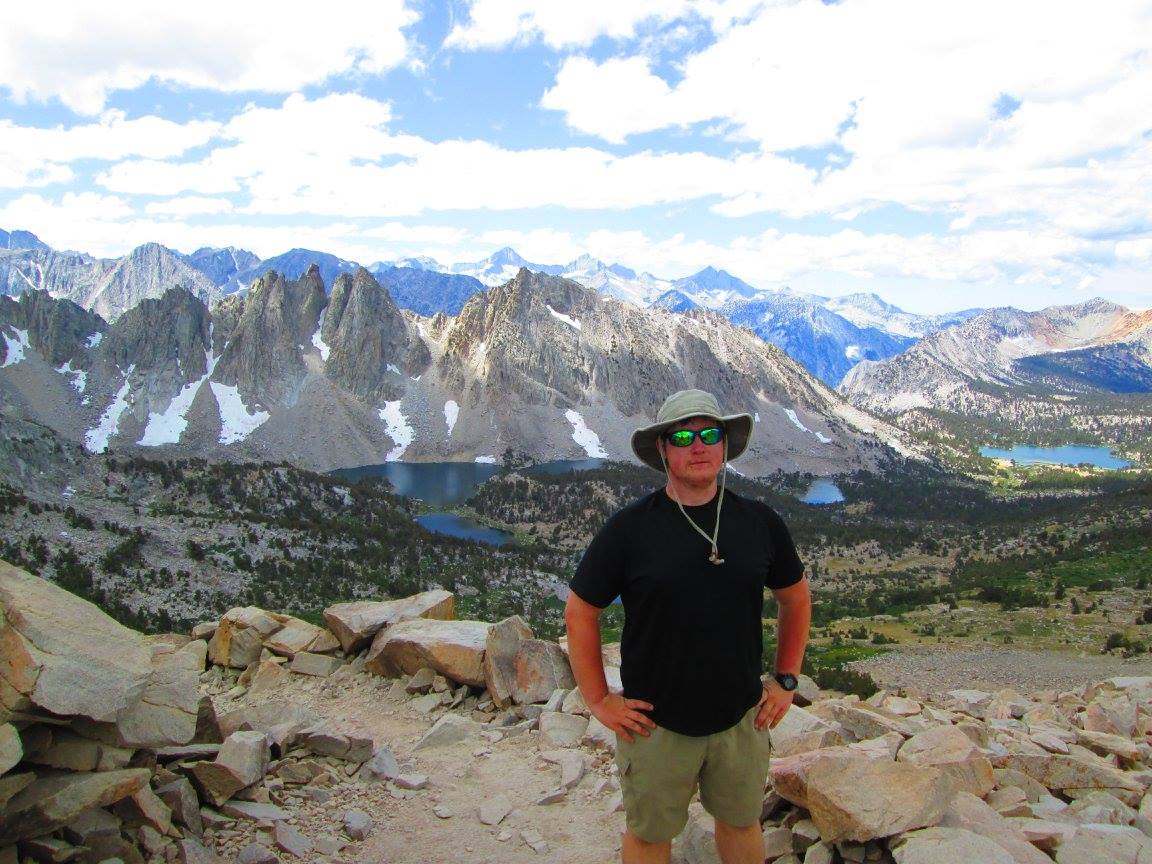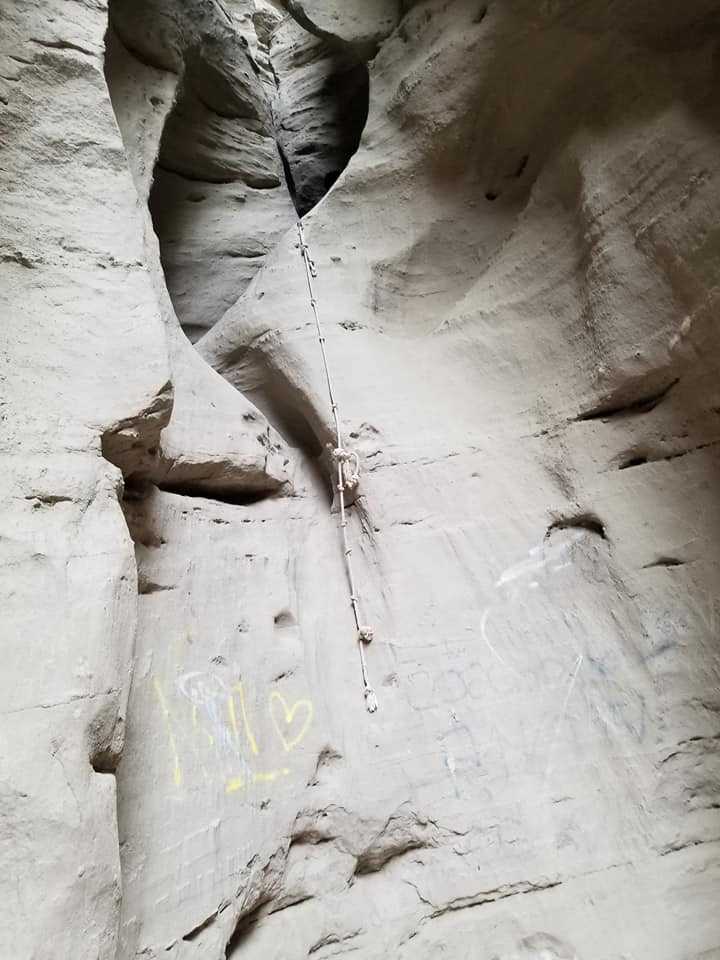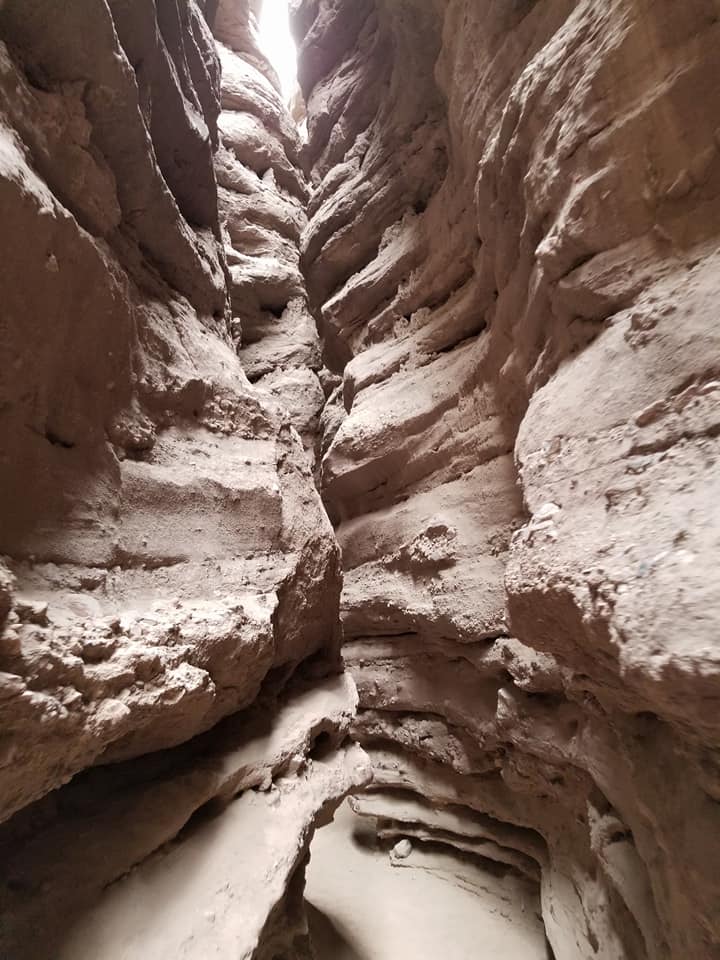Intro

Hi, I'm Kennen! I am an experienced software
engineer with a passion for virtual / mixed reality, computer security,
distributed systems, and artificial intelligence. However, I truly love
everything about computer science, and am always looking to further myself however I can.
I'm definitely a lifelong learner.
I'm currently helping build Vision Pro at Apple, and my most recent
experience before was at Amazon. Everyday, I've been able to solve interesting
problems and greaten my skills as an engineer.
Feel free to take a look at my resume for a
quick look at my experience, or check out my work in more detail. Contact me if you have any questions!
Work and Projects
See resume
Apple: 05/2022 - Current
I currently work as an AR/VR Software Engineer at Apple. Day-to-day, I collaborate cross-functionally within the Vision Products Group (VPG) to define and build Vision Pro and other future Apple products. I'm a Technical Lead for the team integrating Apple's 2D drawing frameworks, Core Animation and Core Graphics, into the high-performance 3D renderer for visionOS, Reality Kit. I'm architecting innovative solutions to preserve high visual fidelity of rasterized content at all viewing angles and distances, as well as gaining hands-on experience with advanced technologies for graphics engineering, including ARKit, Metal (GPU), and 3D engines.
Amazon: 10/2019 - 05/2022
I worked as a Software Development Engineer at Prime Video and Amazon Studios. As an SDE I, I worked on Prime Video Mixed Reality, implementing new features for the Prime Video VR application and acting as Scrum Master for the team. I performed a full scale backend migration from an internal language to JavaScript, enabling faster development and an early release to customers in 180+ countries. Additionally, I took ownership of the PVVR client's video player, improving video quality and adding support for more content types. I built core client features for downloading of video titles for offline viewing, enabling PVVR to be the first major video streaming application on Oculus with this feature. Lastly, I designed key backend infrastructure for immersive detail page experiences on all Prime Video platforms, and built frontend client support for the Prime Video Mobile Android application; these pages have been served to millions of customers. I raised the bar, and my high performance led to promotion to SDE II within a year.
As an SDE II, I expanded my responsibilities to take on complex product design and leadership roles. I prototyped a new product idea and presented to VPs and directors within Prime Video and Amazon Studios, leading to positive feedback from all stakeholders. I worked as a technical lead for a confidential Amazon Studios AI initiative, funded by executives at the highest levels of the company. This project had engineering influence spanning across science teams in multiple Amazon organizations (i.e. AWS, Alexa). Through this, I helped define initial product requirements, providing an opportunity to gain valuable business insight and product management experience. Additionally, I developed a technical strategy for the project, including designing a foundational service that enables research teams to access multiple petabytes of training data. I planned parallel workstreams to distribute tasks and force multiply through the team, as well as wrote critical path code for designed systems. Along the way, I expanded my horizons as a security certifier, defining the security and monitoring approach for the team's product and security testing other orgs' products.
Fake Block: Citrus Hack 2019
My team and I built this project during
Citrus Hack 2019, and it won 1st Place Overall,
Best Entrepreneurial Hack, and Best Use of
Google Cloud Platform. We utilized a mob
programming methodology, so I worked on and
gained experience with all portions of the
project. I learned how to create a functioning
Chrome extension, with infrastructure implemented
through a python flask server running on Google Compute Engine.
I made time optimizations by using Google Memory Store caching, and
accuracy improvements by comparing multiple machine learning
classifier and NLP methods. Overall, I was able to apply
knowledge from machine learning, web
development, natural language processing, and
cloud computing.
Head Reader / Grader: 09/2018 - 06/2019
I worked as a header grader for UCR's upper division Discrete Structures Class. My responsibilities included grading a multitude of assignments, quizzes, and finals for hundreds of students throughout three quarters of instruction. I helped develop grading criteria for new assignments and tests, as well as communicated with the course instructor to take action as necessary when student work showed signs of academic misconduct.
Amazon: 06/2018 - 09/2018
I worked as a Software Development Engineer Intern on the Prime Video mixed reality team during the summer of 2018. With my first project, I designed and implemented voice search functionality across the Prime Video VR application. I completed this project ahead of time, and built search suggestions that show up while the user is typing a query as well. Both of these projects greatly improved the user's experience with searching for Prime Video content in VR. I used internal backend technologies, as well as C#, Unity, and AWS. I also improved my skills with Git, and applied agile methodologies.
SI Leader and Mentor: 07/2017
- 06/2019
I worked as a Supplemental Instruction
Leader for the Academic Resource Center at UC Riverside.
This job entailed teaching an extra, ungraded
class for historically difficult, lower division
computer science courses. These classes included: CS fundamentals,
Machine Organization and Assembly Language Programming, and Data
Structures and Algorithms. I also supervised fellow SI Leaders,
including a team of 10 CS instructors. I facilitated improvements
to class interaction and learning, focusing on streamlining curriculum.
Research
Assistant: 05/2017 - 06/2018
I worked in the embedded systems lab in UC
Riverside. I started off on FPGA research, which led to me
co-authoring HLSPredict: Cross Platform
Performance Prediction for FPGA High-Level
Synthesis . This paper was accepted into ICCAD 2018.
The paper focuses on the speedup and
prediction of FPGA performance. I integrated the
C++ Likwid Marker API into Polybench 4.1 workloads to
profile an Intel CPU, as well as wrote Python scripts to
aggregate results into a format for training ML models. We
utilized baseline CPU and FPGA data to train 8 linear and 2
non-linear models, resulting in a minimum of 90% accuracy.
I also executed exploratory research on GPU performance
prediction, and instrumented a set of CUDA profiling workloads
to collect baseline performance data from an Nvidia GTX 970 GPU. I
utilized those results to train a suite of linear ML models.
Citrus Hack 2016
I participated in the Citrus Hack hackathon
at UC Riverside, During this, our team crafted a
prototype of an application that allows for
secure voting. We used tools such as Android
Studio and Firebase, as well as languages such
as XML and Java. I never had much experience
with these, but by the end of the 36 hour event,
I had learned the skills necessary to make my
own applications.
Computer Science Club
In high school, I helped found the computer
science club, and was the first president. I led
a large project called Gamestation, which
focused on building both software and hardware. We
created individual game stations (similar to a
Nintendo Game Boy) that had the ability to be
programmed with games or other software. We learned
how to solder every component (resistors, capacitors,
monitor, speaker, etc) on to the empty
circuit board. After the hardware portion was
completed, we programmed a few games for it in
Python and uploaded them to the devices.



